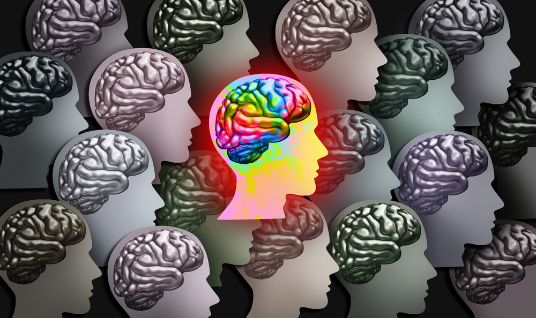Disruptive Behavior Disorders symptoms occur when a person exhibits a pattern of behavior that is outside of what is considered normal for their age. These behaviors often involve conflict with others and can be a sign of a mental health problem.
These disorders can have a serious impact on a child’s life and their families, making it difficult to function normally. They also can increase the risk for other health issues, such as mental illness or substance abuse.
Symptoms of these disorders are usually first observed in childhood, but the condition can persist into adulthood. Individuals who have this condition may be unable to control their emotions and impulses, which could lead to problems with the law or injuring others.
Oppositional Defiant Disorder (ODD)
Children with ODD show long-lasting defiance, hostility and disobedience toward authority figures. These behaviors can include arguing, yelling, and resisting discipline. Often the child’s behavior is accompanied by irritability and depression.
Treatment for Oppositional Defiant Disorder is available through a behavioral specialist, such as a psychiatrist or psychologist. These professionals use a variety of therapies to help patients change their behavior and learn new strategies for dealing with stress.
They can teach patients how to manage their emotions, learn coping skills and reduce anger. They can also provide support to parents and other caregivers.
In addition to medication, treatment for ODD can involve parent training, counseling and behavior modification therapy. These techniques help teach the patient to respond more appropriately to their environment and other people.

Conduct Disorder
Individuals with conduct disorder have a persistent pattern of hurting others and not fitting in with social norms. They might steal, break the law or get into fights with other people.
This is a severe mental health disorder, and it typically begins in middle childhood. However, it can be present in children as young as 16 years old.
The condition is a precursor to antisocial personality disorder and violence in adulthood. Earlier diagnosis can prevent the development of these serious problems in youth and adults.
A behavioral specialist who specializes in diagnosing and treating children with disruptive behavior disorders is trained to identify the disorder, assess the cause of the problem and treat it effectively. The expert can recommend the most appropriate treatments and methods to meet each individual’s needs.
When it comes to evaluating your child, you’ll need to bring detailed information about the behavior, family history and other medical problems. You may also need to fill out a questionnaire or checklist.
Clinicians at the Riley at IU Health Child Development Center will perform a comprehensive evaluation, including a psychological test and medical examination. They will also take your child’s history and observe him or her in various settings, such as at home and in school.
The experts at the Riley at IU Health Child Development center can make an accurate diagnosis for your child’s disorder, and develop a personalized treatment plan. They can also monitor your child’s progress and offer regular follow-up appointments.








